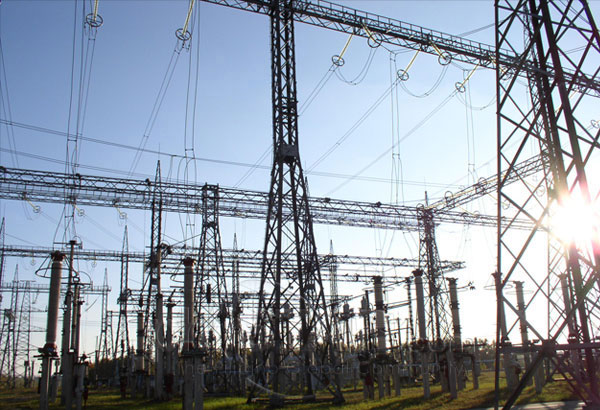Benefits of tax amnesty

Imagine the shock and disappointment of many when President Duterte vetoed in essence the general tax amnesty bill that was submitted by Congress for his signature.
While it is technically a partial veto because the President approved in part and rejected in part the bill, which I would say is one of the most awaited pieces of proposed legislation under this administration, I consider it a veto nonetheless because he said no to its most important provisions.
Republic Act 11213 or the Tax Amnesty Act of 2019 was signed into law, but what remained after the partial veto were the amnesty on estate tax and delinquent taxes.
Under the new law, the government will only collect six percent of the net undeclared estate tax for those who died before Jan. 1, 2018. It also granted amnesty on other general tax delinquencies, so that only 50 percent of the basic tax excluding interest and surcharges will be collected. But taxpayers facing criminal charges will have to pay 80 percent of the basic tax.
The amnesty on delinquent taxes would cover national internal revenues taxes including income tax, withholding tax, capital gains tax, donor’s tax, value-added tax, other percentage taxes, excise taxes and donor’s tax collected by the Bureau of Internal Revenue, and VAT and excise taxes collected by the Bureau of Customs for 2017 and prior years.
Among those provisions which were vetoed were those which granted an amnesty tax of two percent of taxpayer’s total assets and five percent of P75,000 whichever is higher of an individual, trust, or estate’s net worth as of Dec. 31, 2017; and five percent or between P100,000 to P1 million, whichever is high, for juridical entities depending on their subscribed capital, and five percent or P75,000 for other juridical entities such as cooperatives and foundations.
The President asked Congress to pass another general tax amnesty bill which would include the lifting of bank secrecy for cases of fraud, and to include safeguards to ensure the truthfulness of asset or net worth declarations, as well as the automatic exchange of information.
He said a general amnesty that is overgenerous and unregulated would create an environment ripe for future tax evasion.
The President also vetoed a provision allowing a one-time declaration and settlement of estate taxes on properties that are in the name of persons who died or donors whose estates remain unsettled, as well as a provision presuming that estate tax amnesty returns filed in availing of the amnesty are true, correct and final, and complete upon full payment of the amnesty tax.
What the President and the finance people fail to consider is the fact that a general tax amnesty would encourage people to register with the BIR. According to a report by Rappler, citing statistics from the BIR and the Philippine Statistics Authority, while there are 70 million working Filipinos, only 19 million are registered individual taxpayers.
I do not think that the general tax amnesty bill as proposed would create an environment for future tax evasion. After all, the presumption of correctness of returns applies only to the year covered by the amnesty availment and not future returns. What is important is that these people, who used to be under the radar so to speak, decide to come onboard and transact matters legitimately.
Our finance people want the President to believe that these people cannot hide forever because the government can always run after them. But if our campaign against tax evasion are effective, then why do we all these new taxes under the TRAIN law?
What further irks many is the fact that these issues could have been worked out by the legislative and executive departments during the earlier parts of the legislative process. The executive branch could have hinted that this version of the law would not be acceptable to the President without the so-called safeguards against future tax evasion, thus saving precious resources being paid for by the people (time that could have been spent by our senators and congressmen for other important purposes).
When one forgives, there should be no ifs or buts. Tax amnesty necessarily includes immunity from civil, criminal and civil penalties under the National Internal Revenue Code for failure to pay taxes for taxable year 2017 and prior years; immunity from investigations or suits relating to the assets, liabilities, net worth and the taxes subject of the amnesty; confidentiality of any information or data contained in the tax amnesty return, statement of total assets (STA), or statement of assets, liabilities and networth (SALN), and the fact that these data cannot used in an investigation or prosecution; the fact that these tax payer records cannot be examined by the BIR and that the STA and SALN shall be conclusively presumed as true, correct, and final.
For many individual taxpayers, the general tax amnesty would have given them a fresh start, free from any threats of further prosecution or scrutiny by government. But our government would rather treat this with suspicion of bad faith or intention to evade tax payments.
If the Duterte administration really believes that it has been working to improve the lives of Filipinos, then it should also believe that people will do their best to help the government raise the funds needed to make these social and economic programs work.
For comments, e-mail at [email protected]
- Latest
- Trending






























